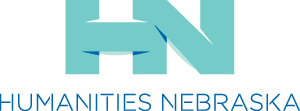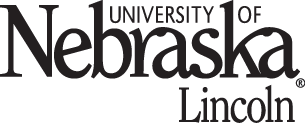Holocaust survivors get to say 'thank you'
When Holocaust survivor Bea Karp took the stage at the Heartland Honor Flight reunion on Memorial Day weekend, the 77-year-old didn't see an audience of frail old men. She saw the young, handsome and healthy American soldiers who gave her chocolate and her freedom.
Bea Karp was six when her family witnessed the Kristallnacht (Night of Broken Glass) progrom in 1938. She and her family were rounded up and sent to work camps in France in the early 1930s. After several months, Karp and her sister were rescued by the O.S.E., an underground operation. Separated from her sister, Karp was moved 14 times before she was reunited with her sister at a convent in France. After the war, the two girls were placed with relatives in London until they moved to New York. In 1951, Karp married and moved to O'Neill. It wasn't until then that she learned the fate of her parents.
"My parents died in Auschwitz," Karp said. "The day the planes flew over our heads in 1945 we were so happy. We were so grateful that finally the Americans were coming to free us. We hugged each other and tears ran down our cheeks."
Karp, along with 12 other Holocaust survivors, joined Heartland Honor Flight veterans of World War II at a reunion on Memorial Day weekend.
"We salute you and thank you for your service," Karp told the veterans.
After the reunion activities were concluded, Karp, along with other survivors met with WWII veterans who had been among the servicemen who liberated the concentration camps of Nazi Germany and a crew from NETV to film a segment of the series "Nebraska Stories."
Elmer Clapp, Falls City, was among those who liberated Dachau. Rachel Rosenberg's father died in Dachau, one week before Clapp's troops arrived.
"They were marching the prisoners away and he couldn't go any further, so they shot him," Rosenberg said.
Rosenberg's three brother and her parents died during the Holocaust.
"My little brother, the most beautiful child you could name, one morning they grabbed him by his little hand and took him away," Rosenberg said. "I loved him more than life, I wanted to go with him. I will never forget, not until the last of my life."
Rosenberg came to Omaha after the war.
"I had no money, no clothes, no identity," she said. "I heard the United States was the greatest country in the world. And it is."
"It made my day, meeting you," Clapp said.
"You made my life," Rosenberg replied.






